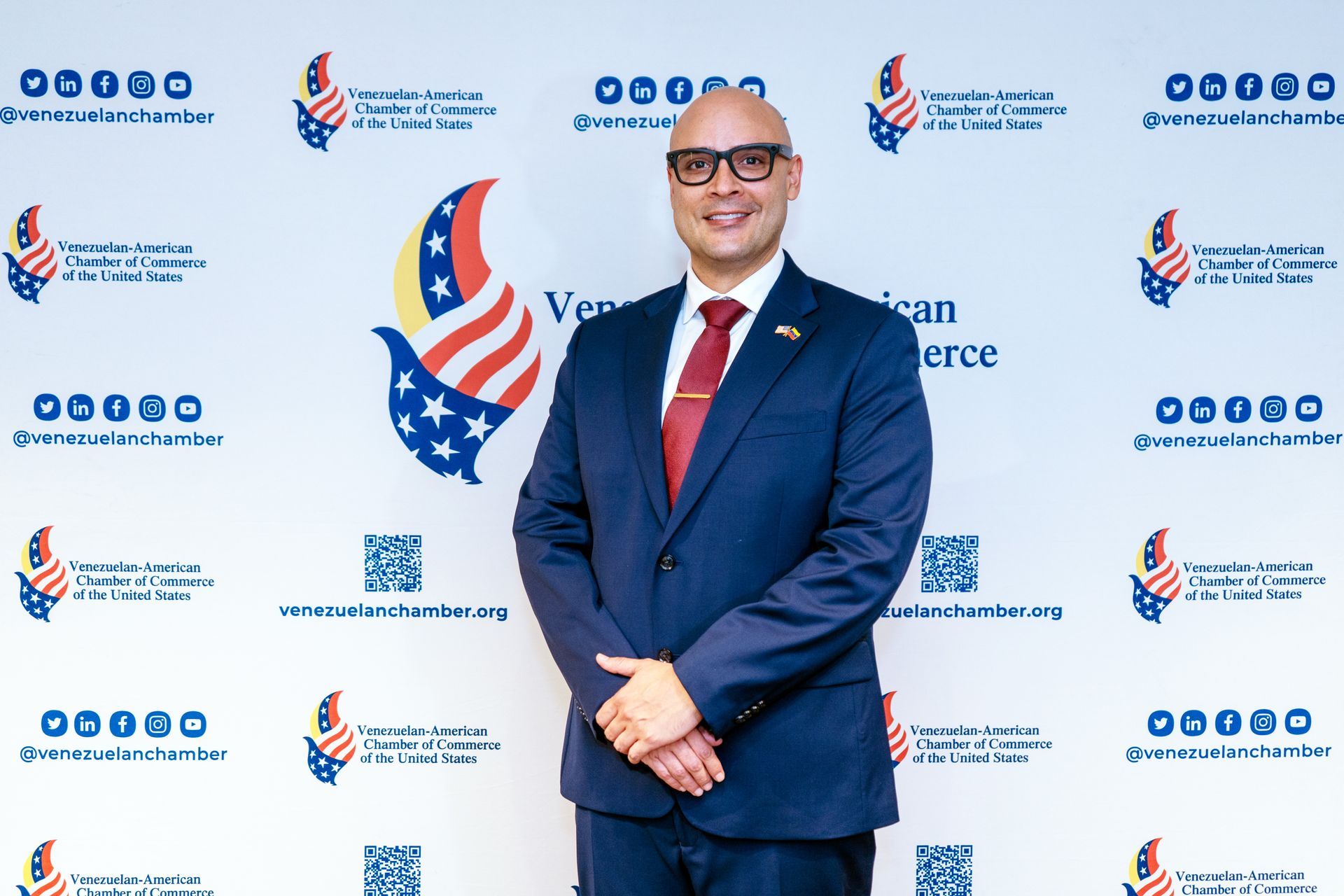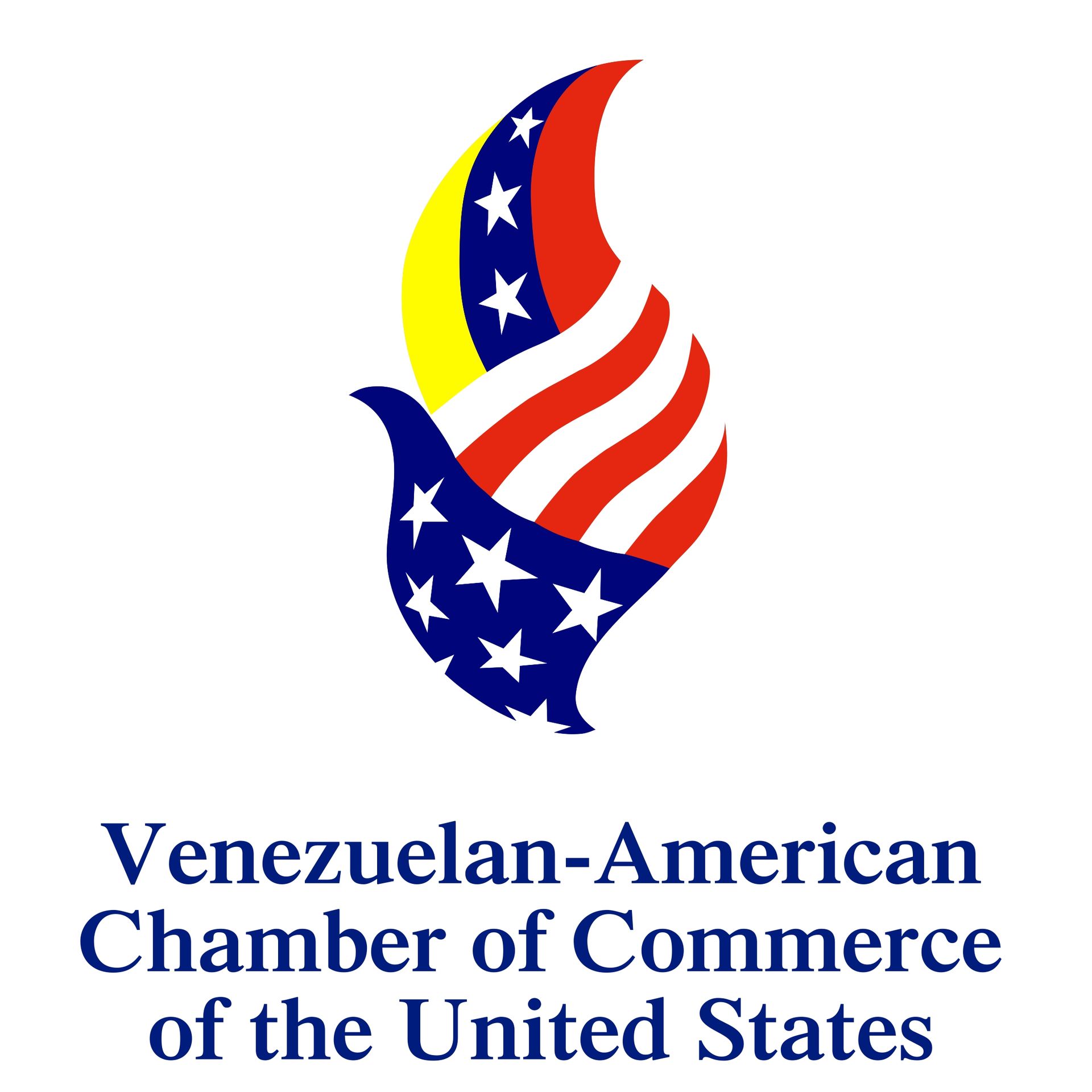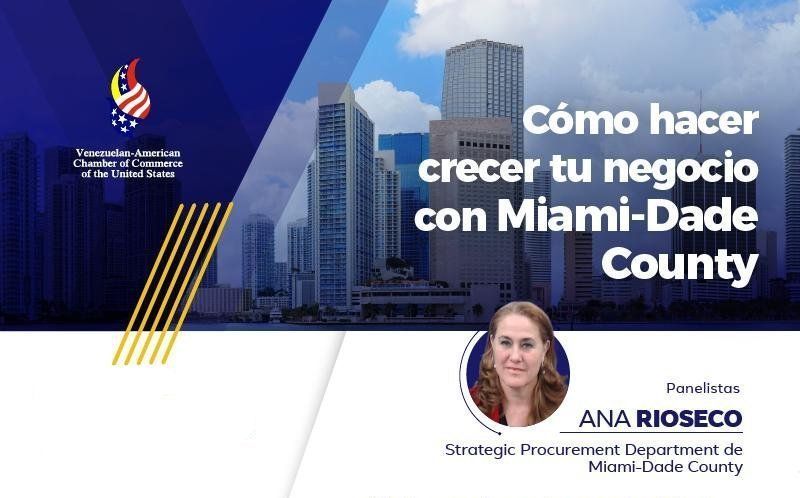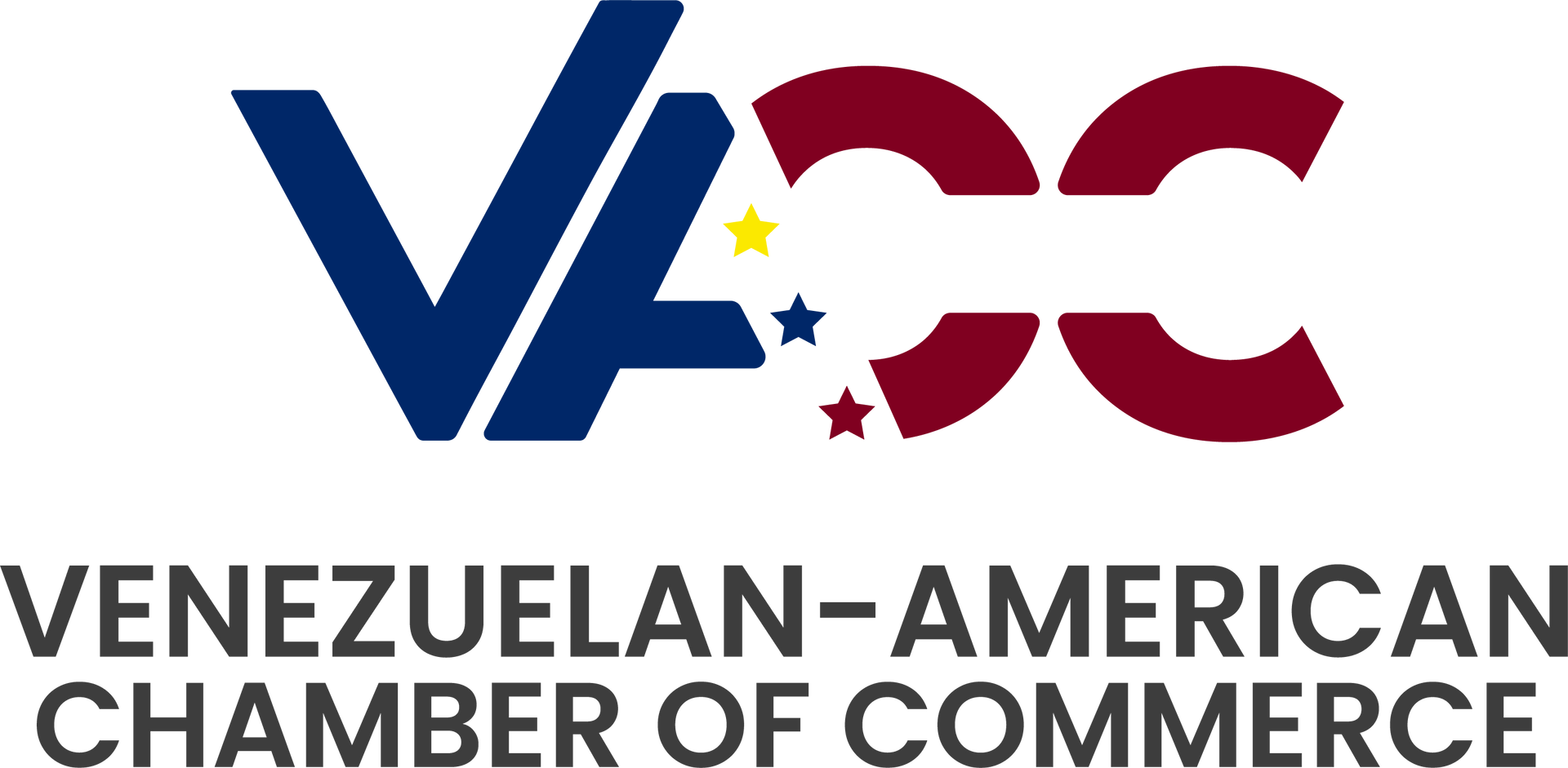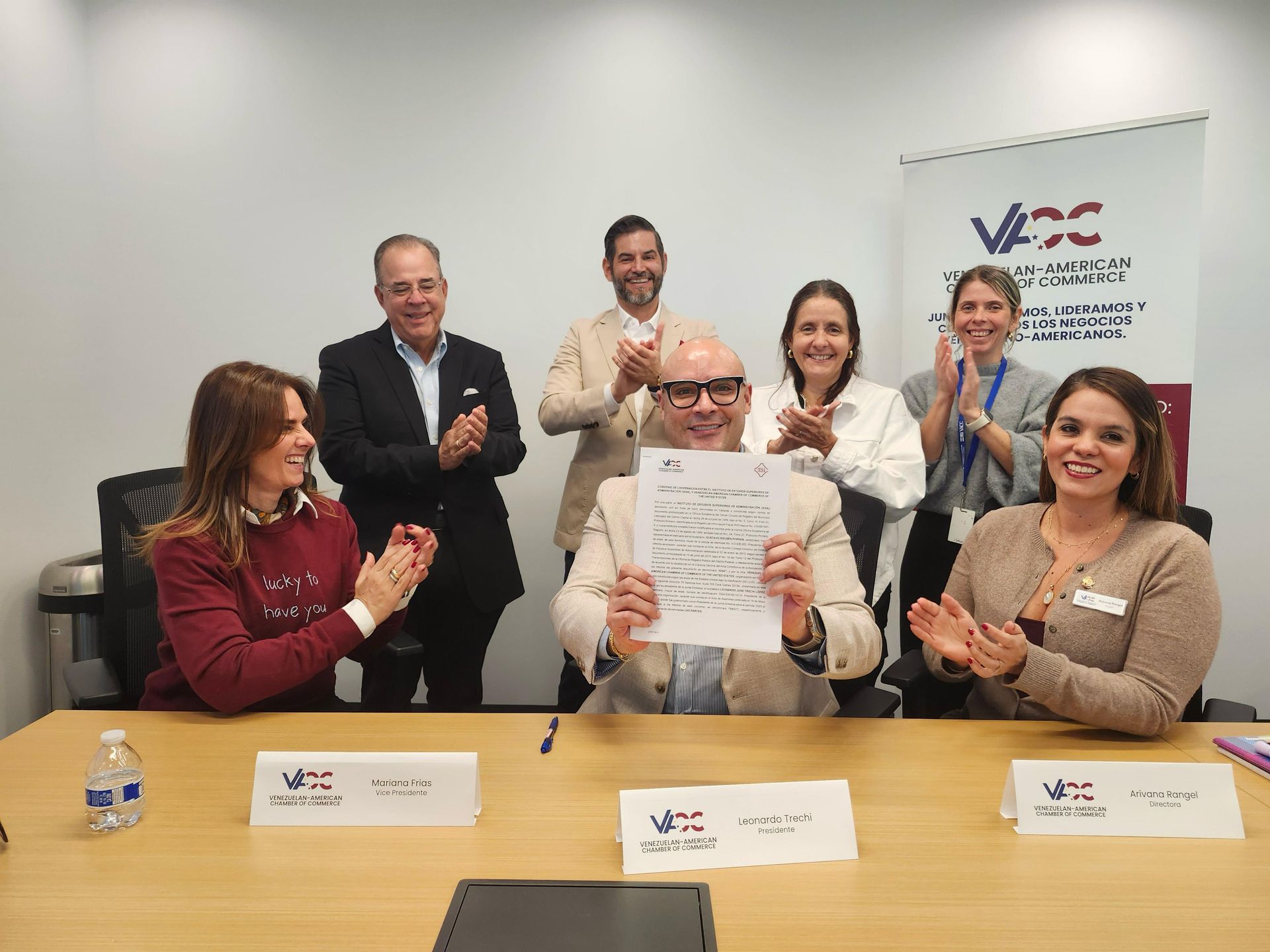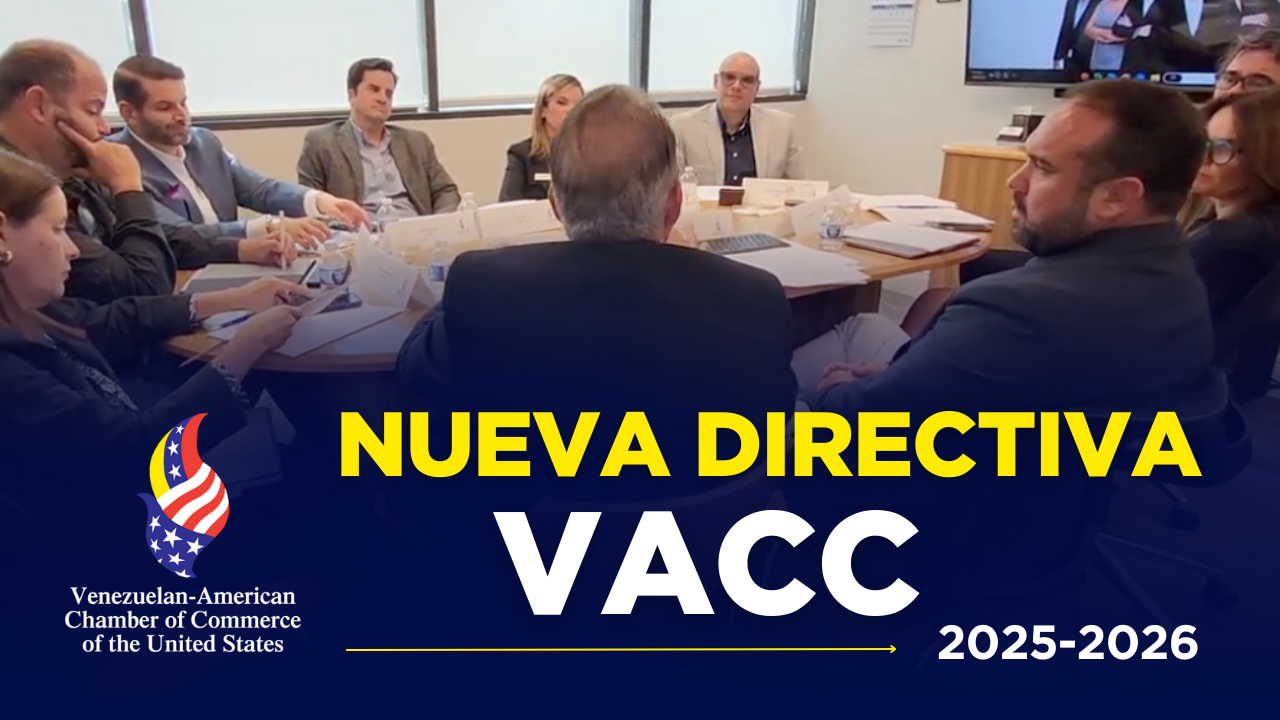Inversión activa vs inversión pasiva

El mundo del mercado de valores siempre ha estado caracterizado por su nivel de complejidad y sabemos que tradicionalmente los mejores estudiantes son los que entran en los grandes bancos de inversión siendo una industria que está continuamente en búsqueda de las mentes más prodigiosas.
Cuando converso con algunos de mis colegas (asesores financieros), pareciera una lucha continua por ver quién habla de una forma más compleja y con palabras tan técnicas que a veces parecemos médicos cirujanos, y muchos sienten que en la medida en que utilizan un argot financiero que nadie pueda entender eso los hace mejores profesionales y sus clientes los van a valorar más y estarían dispuestos a pagar más por sus servicios
Siendo la realidad, que si usted como inversionista entiende de manera clara y sencilla la forma como su asesor financiero invierte su dinero, usted podrá manejar mejor los riesgos y pasar esas turbulencias.
Ahora bien, creo que usted estará de acuerdo conmigo que esto debería ser así, ¿verdad?
Entonces veamos este mismo punto, pero haciéndole la pregunta más compleja del mundo de las inversiones. Entre los siguientes dos esquemas al momento de invertir su dinero cuál escogería usted:
Primer esquema - Inversión Activa:
Como su nombre lo dice al momento de invertir de forma activa, se hacen complicados estudios para tratar de determinar cuál es la mejor inversión entre las miles y miles de opciones que existen, pero usted va a utilizar sofisticados análisis técnicos para establecer el momento perfecto para comprar y no sólo eso, sino que estará continuamente leyendo las noticias para conocer en cada segundo que ocurre con la economía o la empresa donde usted invirtió, buscando con ello determinar así como si fuera un francotirador cuándo debe vender esa inversión para generar la mayor ganancia sobre su dinero. Por supuesto este esquema trae consigo que usted cuando se reúna con sus amigos sea considerado un gran especialista del mercado de valores y lo vean como una especie de gurú en esos temas de la bolsa de valores y el maravilloso mundo de las finanzas. Nada mal, ¿verdad?
Segundo esquema - Inversión Pasiva:
Ya hasta por el nombre comenzamos mal, el mundo de inversiones debería ser interesante, así como se ve en las películas de Wall Street, donde se ve que el inversionista más audaz y con mayor astucia siempre es el ganador. Bajo esta modalidad de inversión, la idea es realmente sencilla se trata de hacer todo lo contrario al esquema activo, en lugar de procurar seleccionar la mejor inversión, se invierte un poco en todas las opciones para de esa forma tener mayor diversificación y como dicen por allí no poner todos los huevos en la misma cesta y siendo así, usted no tiene que estar tratando de determinar cuál caballo es mejor que otro, sino que es dueño de todo el hipódromo. Posteriormente deja su inversión allí de forma pasiva y espera en el tiempo, por supuesto no es algo de lo que va a poder alardear frente a sus amigos puesto que es pasivo o fastidioso para muchos.
Entonces de los dos esquemas: ¿Cuál escogería usted?
La gran mayoría de las personas escogen el esquema activo y vemos muestras de ellos por todos lados, por ejemplo, con la proliferación de esas apps que te dejan comprar acciones desde tu celular de forma sencilla que cada día han sido más y más utilizados o sencillamente por todas esas propagandas de cursos para transformarte en un Trader (persona que compra y vende acciones de forma activa).
¿Pero qué es mejor la inversión activa o la pasiva?
Al momento de invertir usted se debe hacer las siguientes preguntas: 1) Lo hago para ganar más dinero o por qué necesito un hobbie que me mantenga activo; 2) ¿Voy a necesitar ese dinero que voy a invertir en el corto plazo?
Si la respuesta a estas dos interrogantes son: estoy invirtiendo porque quiero crear riquezas y lo hago con dinero que no voy a necesitar en el corto plazo, es sumamente importante que usted conozca lo que es el informe SPIVA(*), el cual desde el año 2002 compara a los mejores inversores profesionales del mundo de la inversión activa versus la inversión pasiva y nos muestra quién ha sido el ganador en los últimos casi 20 años:
¿Estás preparado para la gran sorpresa?
Pues resulta que en el 94% de los casos les fue mejor a las personas que invirtieron de forma pasiva en el Standard & Poors 500, que aquellos que trataron de determinar cuáles de esas 500 grandes compañías de Estados Unidos era mejor que la otra. Mostrando con esta experiencia histórica que hasta ahora el esquema pasivo o aburrido es mejor para ganar dinero.
Por lo que como dicen por allí si lo que está buscando es emoción, pero no optimizar al máximo su dinero, mejor vaya a un casino, pero sí en cambio quiere ganar dinero en el largo plazo la inversión pasiva ha dado buenos resultados a lo largo de los años.
Nota: resultados históricos no son garantía de rendimientos futuros. (*)SPIVA Score Card año 2020, desarrollado por S&P Dow Jones Índices.
Breve Biografía del Autor:
Alonso Rodríguez Segarra
CFP ®, Fundador & CEO Advise Financial
Alonso, reconocido como el primer venezolano en obtener la prestigiosa certificación de "CERTIFIED FINANCIAL PLANNER™" en USA. Comprometido como asesor financiero para latinos, con más de 20 años de experiencia en el mundo de las finanzas, siempre trabajando bajo el criterio fiduciario.
Active investment vs passive investment

The world of the stock market has always been characterized by its level of complexity and we know that traditionally the best students are those who enter the large investment banks, being an industry that is continuously in search of the most prodigious minds.
When I talk to some of my colleagues (financial advisers), it seems like a continuous struggle to see who speaks in a more complex way and with words so technical that sometimes we look like surgeons, and many of them feel that to the extent that they use slang That nobody can understand makes them better professionals and their clients will value them more and would be willing to pay more for their services.
Being the reality, that if you as an investor understand in a clear and simple way how your financial advisor invests your money, you will be able to better manage the risks and overcome those turbulences.
Now, I think you will agree with me that this should be so, right?
So let's look at this same point, but asking you the most complex question in the investment world. Among the following two schemes when investing your money, which one would you choose:
First scheme - Active Investment:
As the name implies when investing actively, complicated studies are done to try to determine which is the best investment among the thousands and thousands of options that exist, but you are going to use sophisticated technical analysis to establish the perfect moment to buy and not only that, but you will be continuously reading the news to know every second what happens with the economy or the company where you invested, thereby seeking to determine, as if you were a sniper, when you should sell that investment to generate the greatest profit about your money. Of course, this scheme brings with it that when you meet with your friends, you are considered a great specialist in the stock market and they see you as a kind of guru on those issues of the stock market and the wonderful world of finance. Not bad, right?
Second scheme - Passive Investment:
Even with the name we start badly, the investment world should be interesting, as seen in the Wall Street movies, where it is seen that the boldest and most cunning investor is always the winner. Under this investment modality, the idea is really simple, it is about doing the opposite of the active scheme, instead of trying to select the best investment, a little is invested in all the options in order to have greater diversification and as they say by There you don't put all your eggs in the same basket and if you do, you don't have to be trying to determine which horse is better than another, but rather owns the entire racetrack. Subsequently, you passively leave your investment there and wait in time, of course it is not something you will be able to boast about in front of your friends since it is passive or annoying for many.
So of the two schemes: Which one would you choose?
The vast majority of people choose the active scheme and we see samples of them everywhere, for example, with the proliferation of those apps that let you buy shares from your cell phone in a simple way that every day have been more and more used or simply for all those advertisements for courses to become a Trader (a person who actively buys and sells shares).
But which is better the active investment or the passive one?
When investing you should ask yourself the following questions: 1) I do it to earn more money or why do I need a hobby to keep me active; 2) Am I going to need that money that I am going to invest in the short term?
If the answer to these two questions is: I am investing because I want to create wealth and I do it with money that I will not need in the short term, it is extremely important that you know what the SPIVA report is (*), which from the 2002 compares the best professional investors in the world of active investment versus passive investment and shows us who has been the winner in the last almost 20 years:
Are you ready for the big surprise?
Well, it turns out that in 94% of the cases, people who passively invested in the Standard & Poors 500 fared better than those who tried to determine which of those 500 large US companies was better than the other. Showing with this historical experience that until now the passive or boring scheme is better to earn money.
So as they say over there if what you are looking for is excitement, but not optimizing your money to the maximum, better go to a casino, but instead you want to make money in the long term, passive investment has given good results throughout of the years.
Note: Historical results are not a guarantee of future performance. (*) SPIVA Score Card year 2020, developed by S&P Dow Jones Indices.
Brief Biography of the Author:
Alonso Rodríguez Segarra
CFP ®, Founder & CEO Advise Financial
Alonso, recognized as the first Venezuelan to obtain the prestigious certification of "CERTIFIED FINANCIAL PLANNER ™" in the USA. Committed as a financial advisor for Latinos, with more than 20 years of experience in the world of finance, always working under fiduciary criteria.


